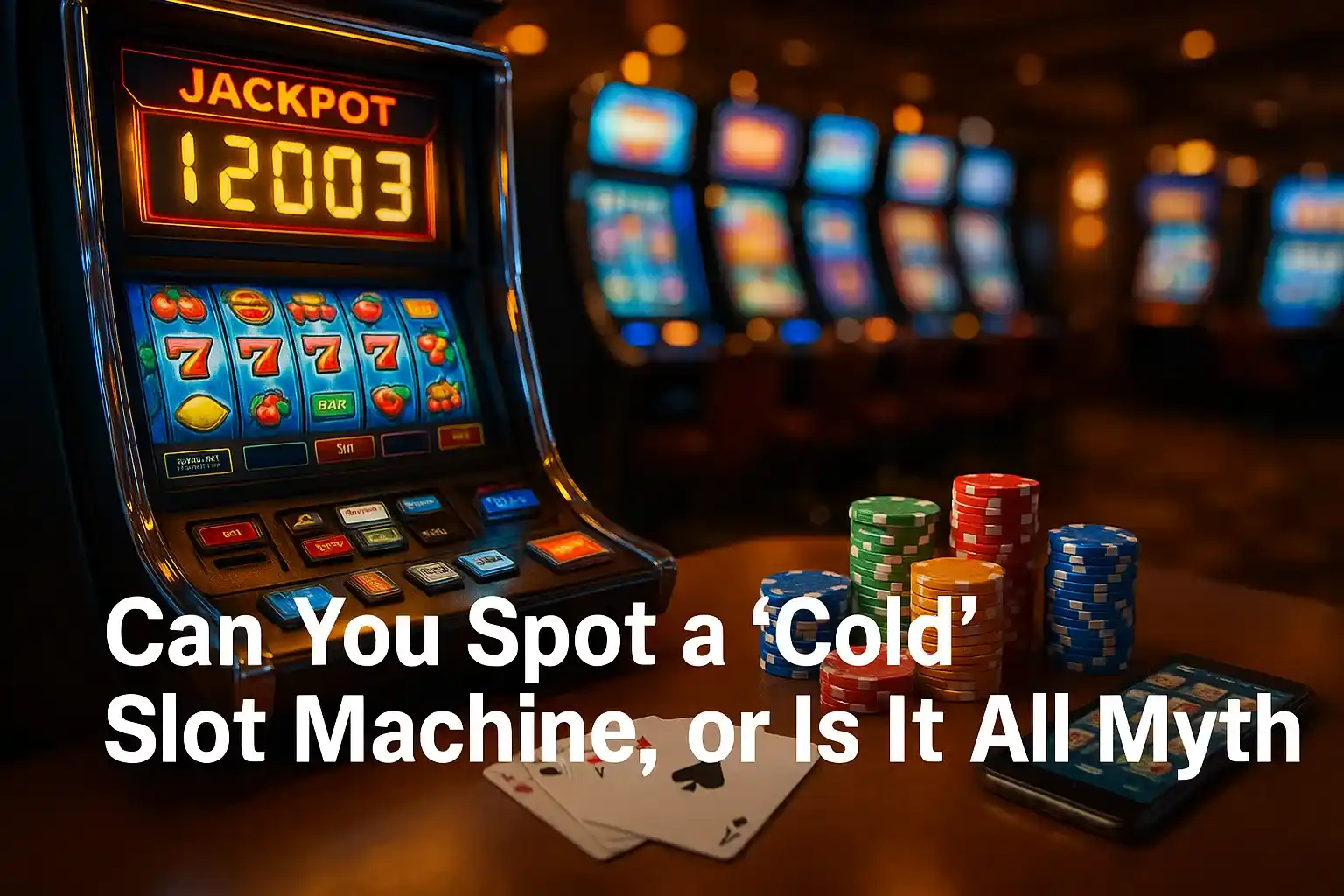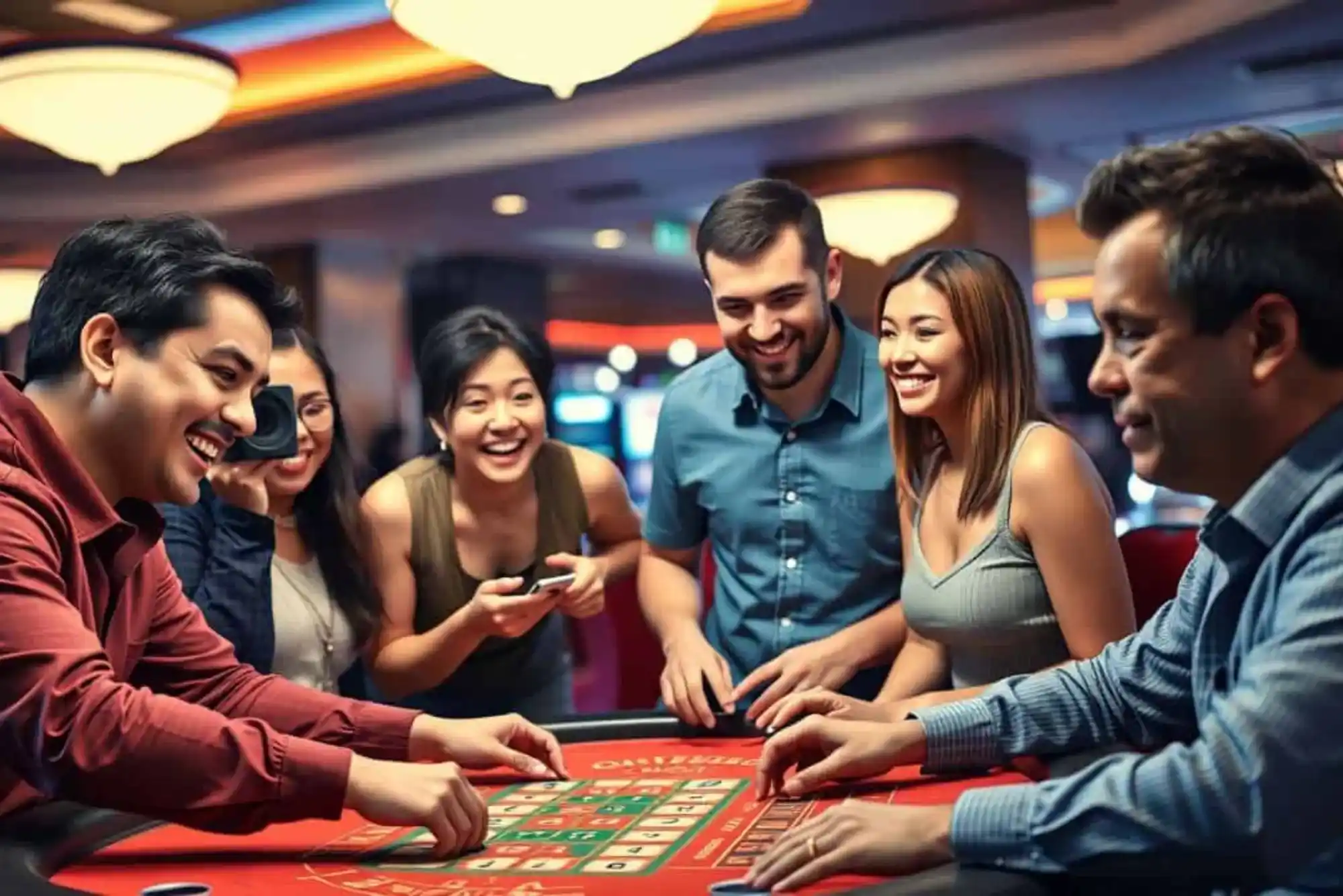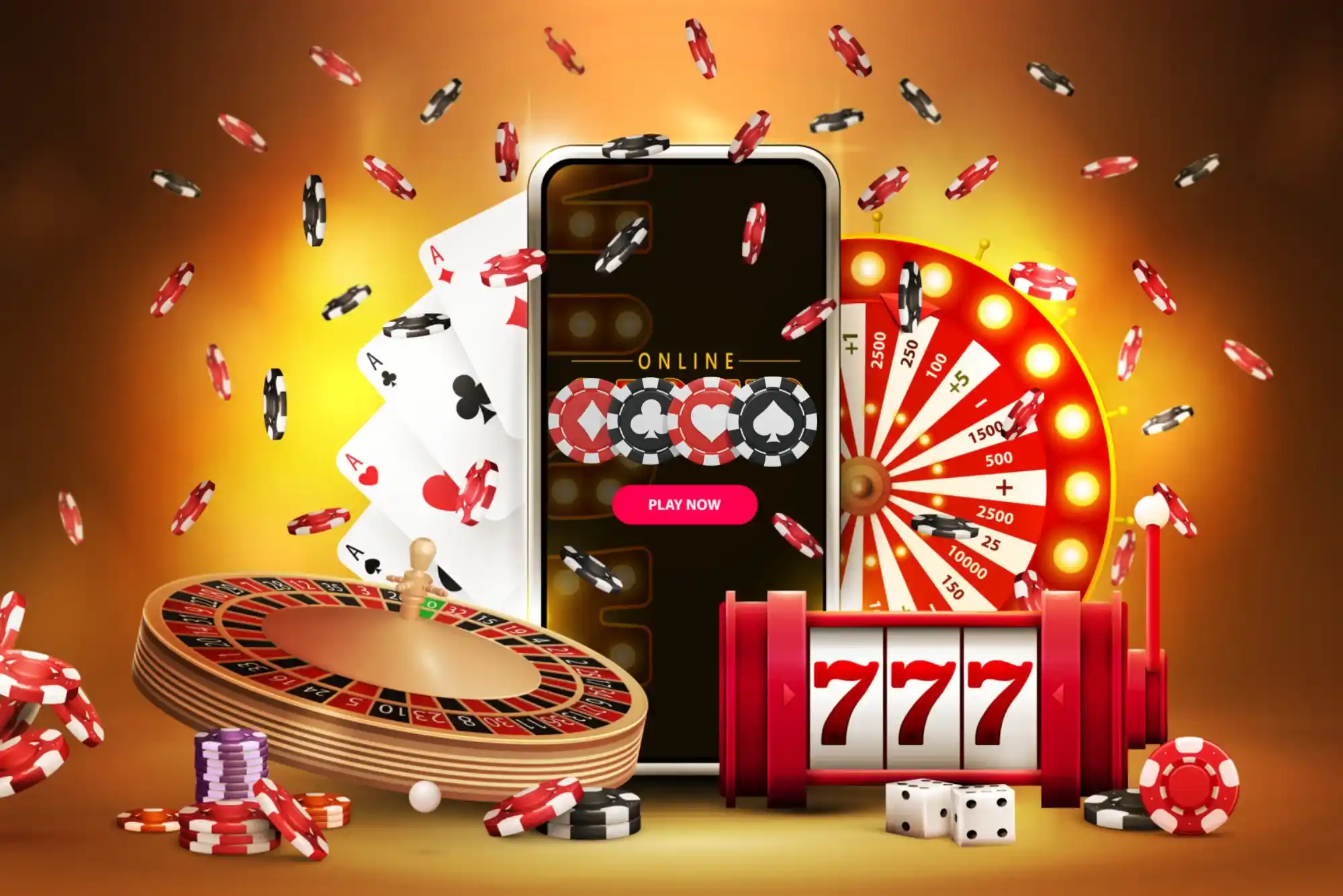Some nights it feels like every reel hates you. Spin after spin, nothing but dead symbols and a balance sliding south. That’s when the gambler’s folklore kicks in: “This machine is cold—move!” I’ve heard it on Vegas floors at 2 a.m., seen it in online forums, and even caught myself whispering it after a brutal run. But can you actually identify a “cold” slot, or are we chasing patterns that don’t exist?
What Players Really Mean by “Cold”
In casino slang, a “cold” slot is one that hasn’t paid out noticeably for a while—no bonuses, no sizable hits, just a slow bleed. The opposite, a “hot” slot, is supposedly on a heater, showering wins on whoever sits down. Both ideas spring from our brain’s urge to find order in chaos. Slots are built on Random Number Generators (RNGs) that pick outcomes independently of past spins. Yet when you’re in the chair, it’s incredibly easy to believe momentum is real.
The trouble is that “cold” is a feeling, not a data point. A run of 50 losing spins on a high-volatility game is annoying, but statistically ordinary. Without massive sample sizes, your gut call that “this game is dead” is just that—gut. And guts are famously bad at probability.
The Psychology Behind the “Cold Machine” Myth
We’re pattern-hunting creatures. After a run of losses, your brain screams for a narrative: “It hasn’t paid in ages, so either it’s overdue or it’s rigged.” Both reactions are cognitive traps. Randomness is streaky by nature, and streaks look meaningful even when they aren’t. Your memory also magnifies pain: you’ll recall five bad sessions with laser clarity and forget the two where you doubled your bankroll in ten minutes.
Here’s another wrinkle: step outside the UKGC bubble and wander into non GamStop casinos and you’ll find even stronger temptations to myth-make. Offshore sites often dangle bigger bonuses, fewer verification hoops, and a firehose of new slot titles. The freedom can be fun, but it also removes some of the friction that keeps you cautious. Combined with volatility, that ease can convince you a machine is “cold” when it’s really just being a slot—swingy and indifferent to your theories.
RNG Reality: Why “Cold” Isn’t Coded
Every licensed slot—physical or online—runs on RNG math. Think of it like rolling millions of dice per second. When you press spin, the machine grabs the current numbers and maps them to reel positions. The outcome is determined before the reels finish animating. There is no memory, no emotional state, no “mood” coded into that math.
So why do casinos seem to have villages of iceboxes and flamethrowers? Variance. Games with high volatility spread their RTP (return to player) unevenly: long deserts, occasional oases. If you regularly play high-volatility titles (Megaways, big progressive chasers, feature-heavy branded slots), you will feel more “cold” patches than someone spinning a steady, mid-volatility classic.
RTP, Volatility, and Session Feel
Return to Player is the long-term payback percentage—say, 96%. Volatility speaks to how that 96% returns: smooth drips or violent splashes. A low-vol slot might pay small amounts constantly; it rarely feels frozen. A high-vol slot holds onto value, then dumps it in thrilling but rare bursts. If you judge warmth by frequent hits, high-volatility games will always “feel” colder, even if they’re mathematically fair.
Another bias: we only count pain. Five tiny wins don’t register if they don’t cover your stake, so you call it “cold” despite technically winning. To get real perspective, you’d need thousands of spins logged in a spreadsheet—not exactly what most of us do at 1 a.m. with a gin and tonic.
Can Observational Data Ever Help?
Short answer: barely. Long answer: you can improve your choices without pretending you can smell heat. For example, checking a slot’s published RTP, volatility rating, max win potential, and bonus frequency gives you a sense of what a normal session should look like. If a game is designed to trigger a feature every 150 spins on average, hitting it in 20 spins is luck, missing it after 400 is still within variance. Armed with that knowledge, you can stop blaming “coldness” and start blaming variance—and plan your bankroll accordingly.
Some advantage players keep meticulous records, looking for signs of malfunction or misconfiguration. But unless you’re in a brick-and-mortar with a technical glitch or a poorly maintained machine, you won’t realistically out-detect randomness. Online slots are audited and reset constantly; physical machines undergo regular checks. Malfunctions do happen, but the floor tech, not your superstition, is the fix.
The “Walk Away or Stay?” Dilemma
Let’s say you’ve spun 200 times, hit nothing meaningful, and your stomach is sour. Do you leave because it’s “cold,” or stay because it’s “due”? Both are flawed. The correct answer is simpler: leave if you’re not having fun or you’re outside the budget/time limit you set before sitting down. Stay if you’re still enjoying the suspense and can afford the variance.
Continuing purely because “it must hit soon” is the gambler’s fallacy. Quitting solely because “it’s cold” is the reverse fallacy. The future spin odds don’t care about the past. Your comfort and bankroll do.
Bankroll Strategy That Beats Superstition
The only sustainable defense against “cold” paranoia is structure:
Pre-set a session budget and a time cap. Stop when either is hit.
Decide what a “win” means before you play. Maybe it’s doubling your money, maybe it’s getting two bonus rounds, maybe it’s pure entertainment minutes per dollar.
Segment your bankroll: a chunk earmarked for high-volatility “dream chases” and a chunk for steady grinders. You’ll feel fewer emotional whiplashes.
Track—lightly. Even a simple note of spins vs. features triggered can show you how variance behaves, curbing the urge to blame the machine’s temperature.
Offshore Reality Check Without the Paranoia
Playing on sites outside GamStop can be safe—if you vet them. Check licenses (MGA, Isle of Man, Gibraltar tend to be stricter than a random Curacao sub-license), read player forums, test withdrawals with small amounts, and screenshot T&Cs before you dive in. A “cold” slot is annoying; a rogue cashier is catastrophic. Don’t conflate the two.
Also, watch withdrawal caps. Some offshore platforms limit weekly cash-outs so drastically that a big win trickles out for months. That turns what should be a triumph into an exercise in patience. Read those lines before you chase a jackpot.
Stories vs. Statistics
I’ve watched a guy nail a five-figure bonus after claiming the slot was “dead.” I’ve seen a woman storm off a machine after an hour of pain, only for the next player to hit a feature on spin three. These stories fuel the myth machine because they’re memorable and emotional. But for every “I left and it hit” tale, there are a hundred quiet nights where nothing dramatic happens. Statistics are boring; stories are sticky. Always ask yourself: am I reacting to the math, or the narrative?
Practical Ways to Feel in Control (Without Faking Control)
Rotate games purposefully, not reactively. Switching every 20 spins because it “feels cold” just resets your variance clock with a new title. Instead, plan slots based on volatility profiles and bonus mechanics.
Use promo value wisely. Cashback or free spins reduce effective variance, making cold streaks sting less.
Pace your sessions. Take micro-breaks to shake off tilt. Cold streaks feel less oppressive when you’re not glued to the spin button.
Set “fun checkpoints.” For example, “I’ll play this high-vol slot until I hit a bonus or lose 30% of my stake, then switch to a chill 97% RTP classic for wind-down.”
The Only “Tell” That Matters: Your Own Mood
Forget the temperature of the machine; monitor the temperature of your emotions. Irritation, desperation, or that hollow “just one more” chant are red flags. Once you hit emotional tilt, your decision-making tanks. No myth is more expensive than the belief you can “win it back” if you just push through the freeze.
So, Is It All Myth?
Yes and no. Machines don’t go cold or hot in any coded sense—RNGs don’t have moods. But you feel cold streaks, and those feelings are valid. The trick is not to assign agency to a box of microchips. Recognize variance, manage bankroll, honor your limits, and choose games that match your tolerance for droughts.
In the end, you can’t spot a “cold” machine, but you can spot a cold mindset—the one that blames bad luck on a haunted cabinet instead of adjusting strategy. Beat the myth by mastering yourself, not the slot.








